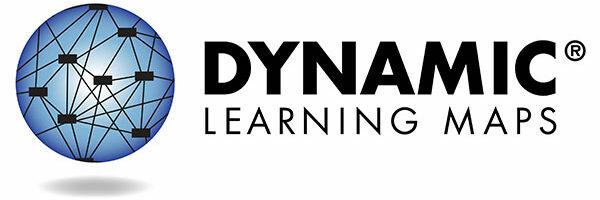Exponents and Probability
After completing this module, participants will understand the function of an exponent and be able to calculate a simple equation with exponents. Participants will also understand that probability is the likelihood of an event and learn how to use tools to support student understanding of probability.
Online Self-directed Exponents and Probability Module
Group Facilitated Module Materials for Exponents and Probability
Measuring and Comparing Lengths
This module focuses on the understanding the attribute of length, how to compare and measure units, and the use of number lines and rulers in the measuring process.
Online Self-directed Measuring and Comparing Lengths Module
Group Facilitated Module Materials for Measuring and Comparing Lengths
Time and Money
Participants will learn about money concepts, the language of time, the skills involved in reading a clock, and how questions can be rephrased into statements so that students can demonstrate their receptive understanding of time concepts.
Online Self-directed Time and Money Module
Group Facilitated Module Materials for Time and Money
Organizing and Using Data to Answer Questions
In this module, participants will learn that graphs are tools for visually organizing and comparing data about two or more items, that for students to learn to think statistically, the “data” must always be related to a question or a series of questions and that object, and that picture and bar graphs are useful to display categorical data and line plots, circle charts, and tables tend are useful in displaying numerical data. Participants will also understand how students will learn to interoperate data from increasingly more complex displays.
Online Self-directed Organizing and Using Data Module
Group Facilitated Module Materials for Organizing and Using Data
